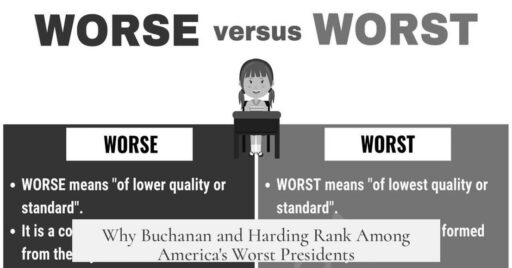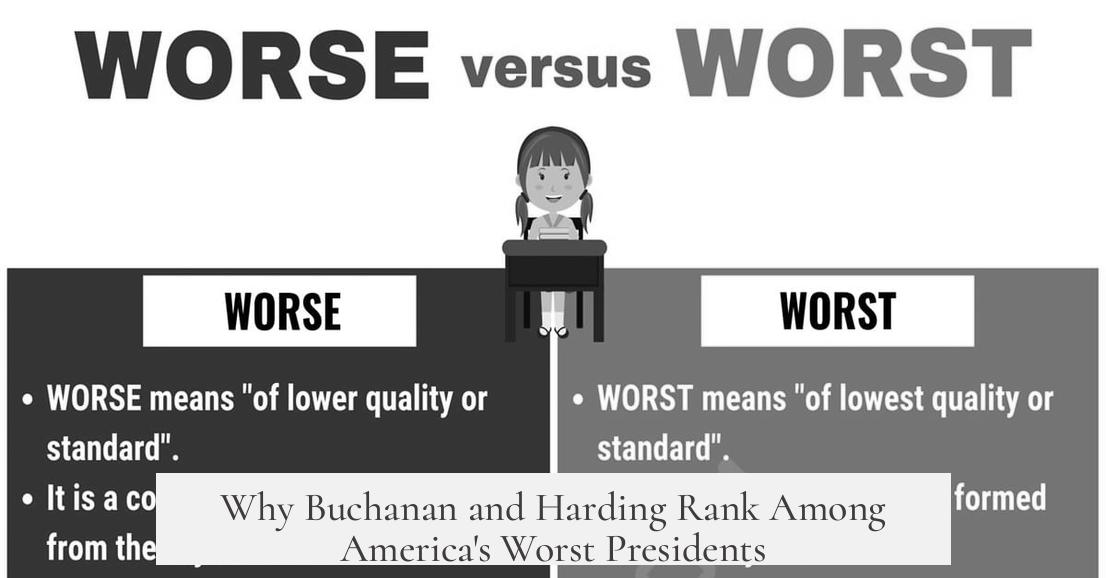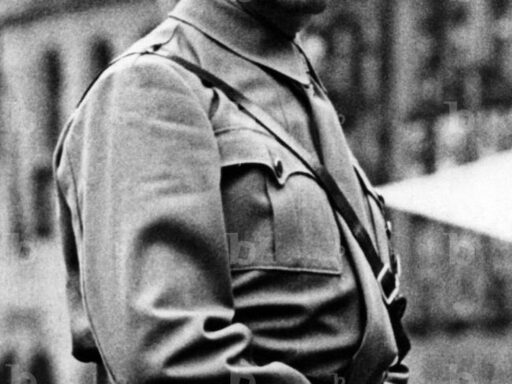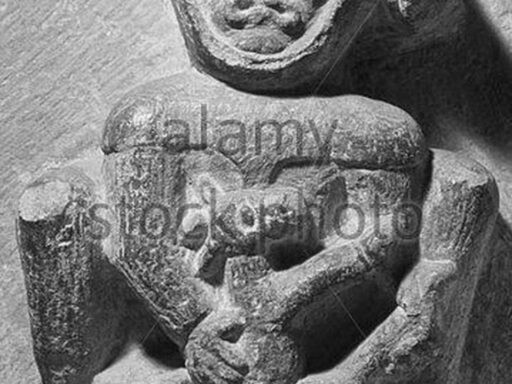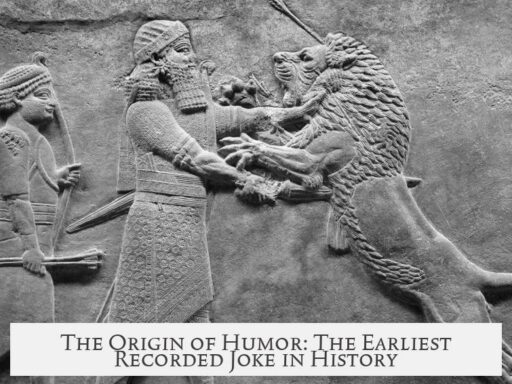James Buchanan and Warren G. Harding rank consistently among the worst U.S. presidents due to distinct failures in leadership, judgment, and impact on the nation’s future.
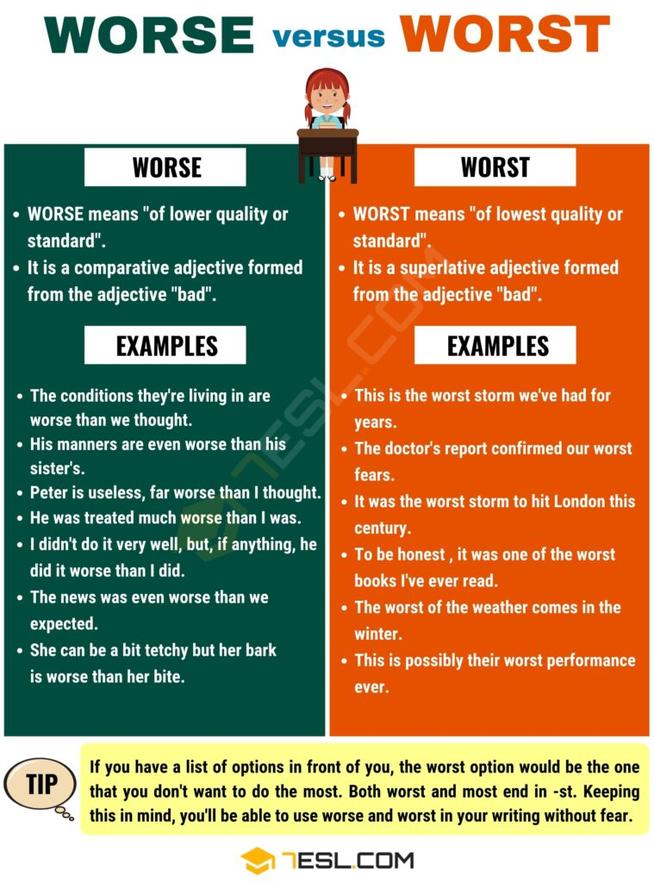
James Buchanan’s presidency is marked by his sympathy toward slavery advocates and direct collaboration with the Supreme Court on the Dred Scott decision. Although he claimed to follow constitutional principles, his alignment with pro-slavery interests and his undermining of judicial neutrality represent a significant betrayal of presidential responsibility. This act contributed to deepening national divisions, contributing to the outbreak of the Civil War. Buchanan’s inaction and apparent treasonous behavior overshadow any effectiveness he might have had, leading historians to rank him very low.
Warren G. Harding’s presidency suffers primarily from poor political skills, questionable judgments, and association with corruption scandals. Harding lacked experience and often played vague political positions to gain office, such as stoking anti-Catholic sentiment. Though he supported civil liberties in some cases, such as freeing political prisoners and backing an anti-lynching bill, his failure to follow through rendered these efforts ineffective. His tenure saw the rise of major scandals due to his poor selections of cronies who engaged in corruption.
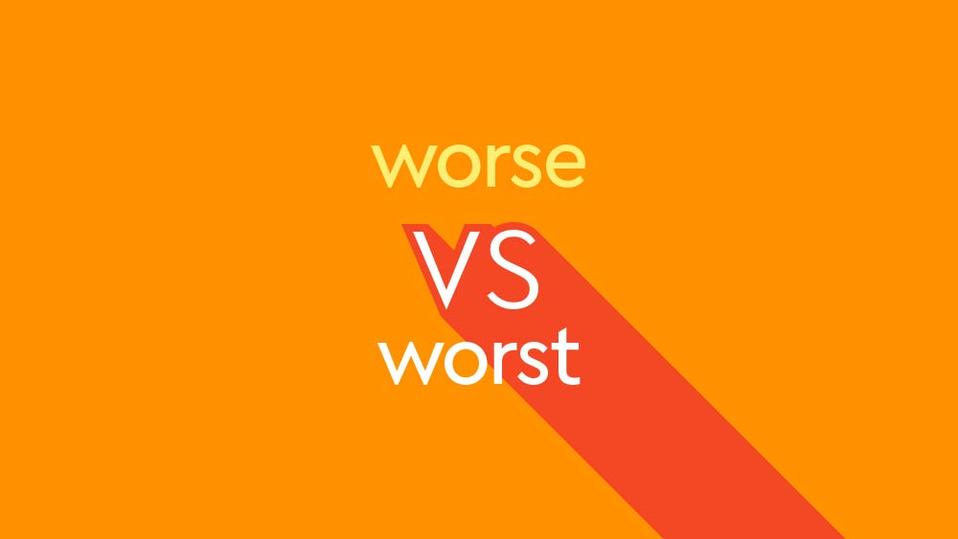
Economically, Harding pursued policies that raised tariffs and reduced taxes for the wealthy. These moves likely fueled imbalances that led to the Great Depression, though attributing it solely to him is debatable. His administration’s laissez-faire approach allowed monopolies to grow and overlooked social welfare needs, especially for World War I veterans. While some economic indicators like GDP and employment showed gains, these were overshadowed by long-term consequences. His lack of major legislative victories and the taint of scandal further damage his legacy.
Both presidents operate under complex historical contexts but share a pattern of poor decision-making, lack of effective leadership, and choices that harmed national interests. Buchanan is infamous for constitutional betrayal surrounding slavery, while Harding is remembered for administration corruption and insufficient crisis management, which weakened trust in government.

- Buchanan undermined the Supreme Court and sided with slavery interests, worsening pre-Civil War tensions.
- Harding’s weak judgment enabled scandals and his economic policies contributed to future economic instability.
- Both failed to provide strong, principled leadership during pivotal times in U.S. history.
- Their presidencies highlight the dangers of poor ethical standards and ineffective governance.
Why Are Buchanan and Harding Consistently Ranked as the Worst Presidents?
James Buchanan and Warren G. Harding often top lists of the worst U.S. presidents. Their presidencies are remembered for failures that had lasting negative impacts on the nation. But why exactly do historians and political analysts hammer down this verdict? Let’s unpack what went wrong with these two leaders.

Right off the bat, Buchanan’s name stirs deep controversy mainly because of his stance on slavery and his role in the Dred Scott decision. Harding’s legacy, on the other hand, is tangled with corruption scandals, ineffective governance, and questionable policies that arguably set the stage for the Great Depression.
James Buchanan: A Presidency Marked by Betrayal and Division
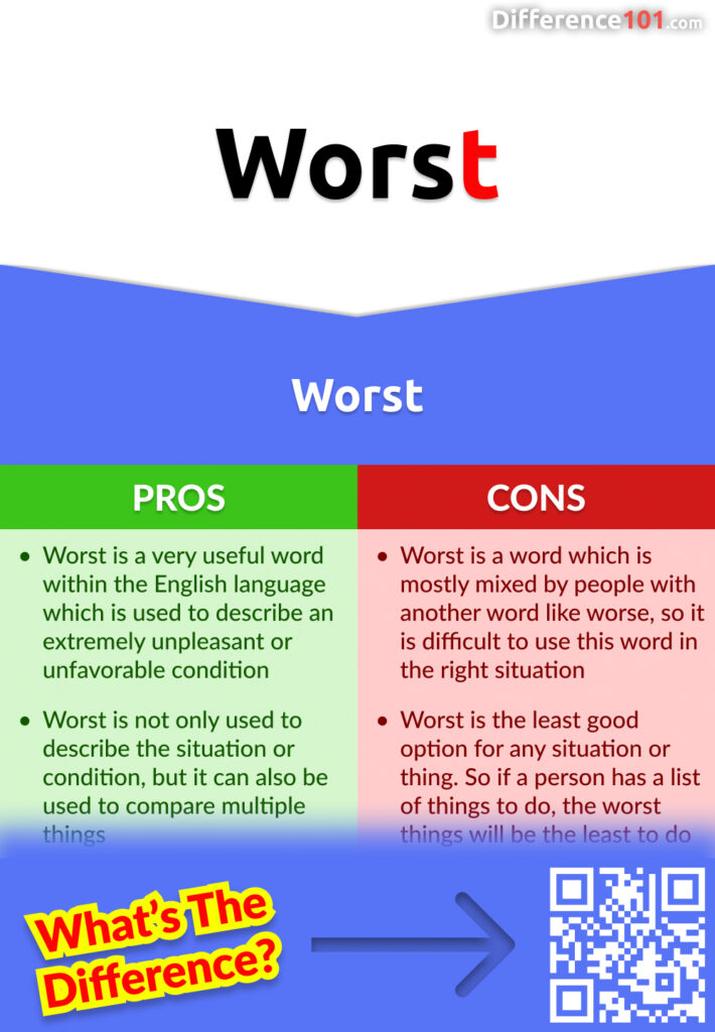
Buchanan’s presidency (1857-1861) falls into disrepute largely because of how he sided with slavery advocates at a time when the nation desperately needed steady leadership on the issue.
- Sympathy to Slavery Advocates: Buchanan came from the southern gentry, sympathetic to the slaveholding class. He made no secret of trying to appease the South, even as tensions soared towards Civil War.
- Collaboration in the Dred Scott Decision: Most shocking is Buchanan’s collaboration with the Supreme Court to predetermine the infamous 1857 Dred Scott ruling. This decision declared that African Americans could not be citizens and protected slavery in the territories. Buchanan effectively broke the judicial branch’s neutrality, a move many regard as an act of treason.
Imagine the commander-in-chief secretly working behind the scenes to sway the highest court — it’s worse than political ineptitude. It’s undermining the very foundation of checks and balances. His failure to defuse sectional tensions or avert civil war paints Buchanan as a leader whose actions expedited the nation’s slide into chaos.
Warren G. Harding: From Ambition to Scandal
Fast forward to the 1920s, and Harding steps into the spotlight. The man who wins the presidency amid vague promises and exploiting anti-Catholic sentiment ushers in what many call one of the most scandal-ridden administrations ever.
- Inexperience and Political Naivety: Harding’s political resume pales compared to his contemporaries. He won his Senate seat by being vague and tapping into prejudices rather than by championing clear policies. He even voted to grant President Wilson near-dictatorial powers during WWI. Not the mark of a cautious statesman.
- Corruption and Scandal: Harding’s administration is infamous for the teapot dome scandal and other corrupt dealings orchestrated by his cronies. Though Harding himself was not directly corrupt, his poor judgment in appointments caused significant damage. His reputation tanked as these scandals came to light, some only surfacing after his death.
- Economic and Legislative Impact: He pushed for laissez-faire policies, raising tariffs and cutting taxes for the wealthy. Some argue his policies contributed to the conditions leading to the Great Depression, even if the real blow fell under Coolidge and Hoover later. Domestic legislation was a mixed bag. For instance, Harding supported anti-lynching bills and civil liberties, freeing political prisoners like Eugene Debs. However, he failed to push these initiatives through.
- Mixed Social Policies: Harding called for the end of racial segregation and backed civil liberties, showing a surprisingly progressive side for his era. Yet he also signed restrictive immigration laws and didn’t do enough to tackle racial violence effectively. His welfare efforts, like instituting welfare for mothers and a department for veterans, showed some care, but deregulation gave monopolies a freer hand, hurting the poor.
Picture a president who had some progressive ideas but lacked the grit or savvy to realize them. Combined with the shadow of scandals, this paints Harding as an intriguing, flawed figure — not the worst ever, but certainly far from great.
What Can We Learn From These Presidencies?
Both Buchanan and Harding demonstrate what happens when leadership lacks clear, principled direction.
- Ethical Leadership Matters Deeply: Buchanan’s involvement in the Dred Scott decision shattered any illusion that presidents operate above politics. Biased actions at the nation’s highest levels breed distrust and division.
- Experience Isn’t Everything, But It Helps: Harding’s lack of political depth contributed to his reliance on dubious appointees. Inexperienced leaders must surround themselves with ethical, capable advisors.
- Policy Consequences Can Echo for Decades: Harding’s economic actions, from tariff hikes to tax cuts for the rich, are scrutinized for their role in worsening the 1929 crash’s aftermath.
They also reveal how presidencies remembered as failures did have complex aspects. Harding, for example, showed some support for civil liberties, even if he stumbled badly in execution.
How Do These Rankings Help Us Today?
Ranking presidents isn’t just a political parlor game. It offers lessons for modern governance. What qualities lead to success or failure? What pitfalls can future leaders avoid?
As voters or history buffs, understanding why Buchanan and Harding faltered can keep us alert for similar warning signs. Do we want leaders who actively subvert justice, or those susceptible to corruption? Will vague promises that rely on prejudice again sweep the day?
These questions remain just as relevant now. History warns us: leadership matters profoundly. The worst presidents are not just footnotes; they are cautionary tales with real consequences.
Final Takeaway
James Buchanan and Warren G. Harding are consistently ranked among the worst presidents primarily because their actions either betrayed the nation’s trust or led to significant political and economic harm. Buchanan’s treasonous partiality in the Dred Scott case and failure to prevent civil war stand as monumental failures of leadership. Harding’s combination of corruption, poor judgment, and flawed economic policies further stain his legacy, even as minor progressive attempts complicate his story. Their presidencies serve as sharp reminders of the critical importance of principled, capable leadership in guiding a nation through turbulent times.
Why is James Buchanan often ranked as one of the worst presidents?
Buchanan was sympathetic to slavery advocates and influenced the Supreme Court’s Dred Scott decision. His involvement broke judicial neutrality. Many see this as betrayal, which weighs heavily on his ranking.
What role did corruption scandals play in Warren G. Harding’s poor reputation?
Harding’s presidency was marked by corruption scandals, mainly involving his close associates. While Harding himself may not have been corrupt, his poor judgment in hires damaged his legacy.
How did Harding’s economic policies affect his historical ranking?
Harding raised tariffs and lowered taxes for the wealthy. These policies possibly contributed to the Great Depression. Although the economy grew, many criticize his laissez-faire approach and its impact on social welfare.
Did Harding accomplish anything positive during his presidency?
Harding supported civil liberties, freed political prisoners, and pushed for labor rights like 8-hour workdays. However, he was ineffective in passing anti-lynching laws and signed restrictive immigration bills.
How did Buchanan’s stance on slavery impact his presidency?
His sympathy towards slavery advocates and behind-the-scenes role in the Dred Scott case deepened national divisions. This stance is seen as a failure to address the country’s growing crisis over slavery.
Why is Harding considered less competent compared to his contemporaries?
Harding lacked political skill, won elections with vague messages, and failed to achieve significant legislation. His poor decision-making in appointments also harmed his effectiveness as president.
